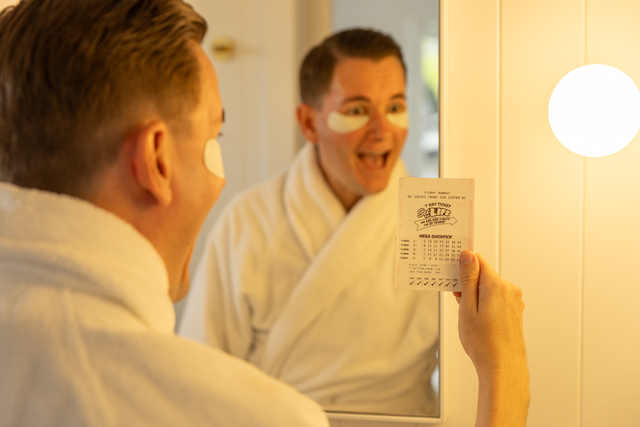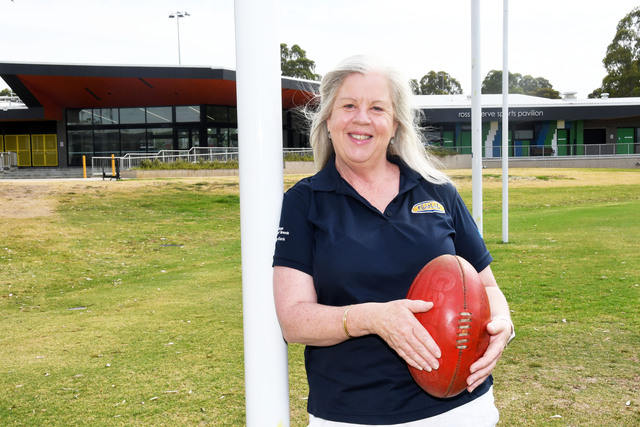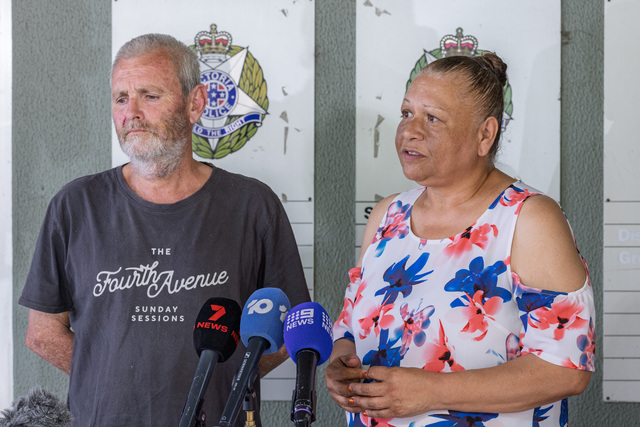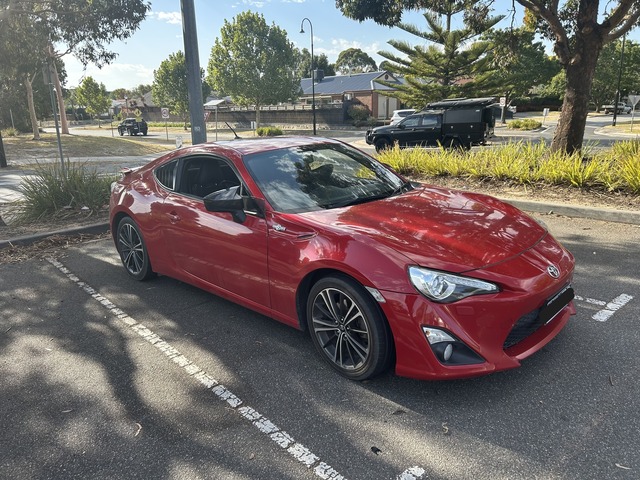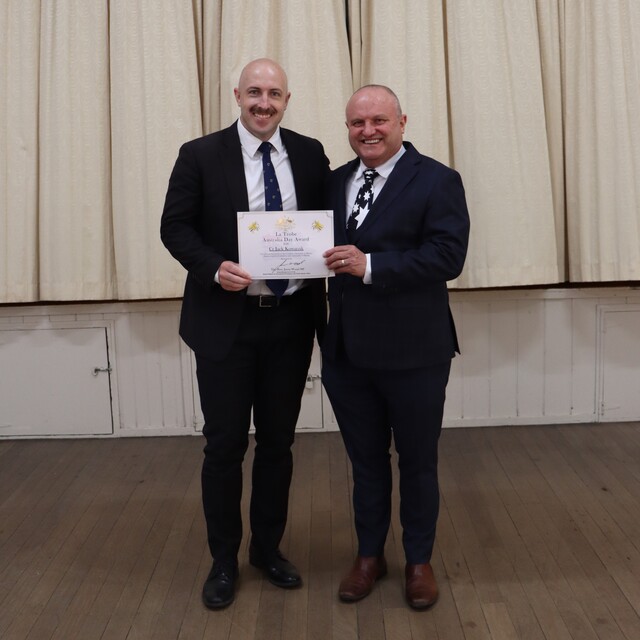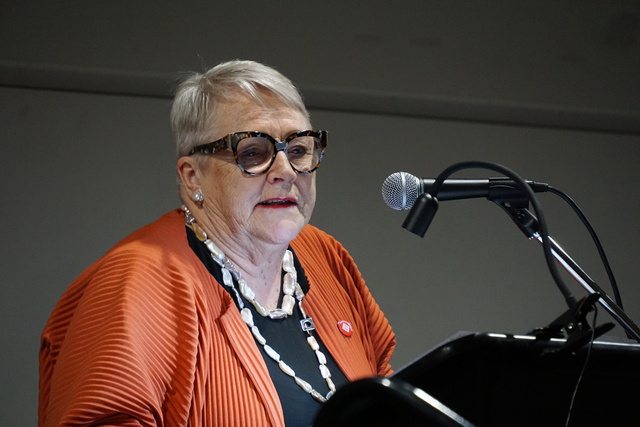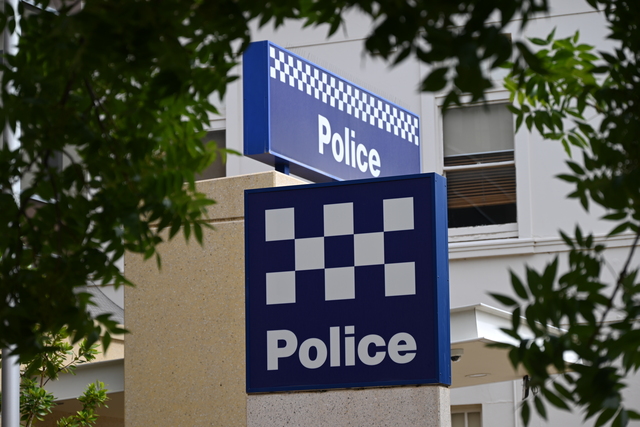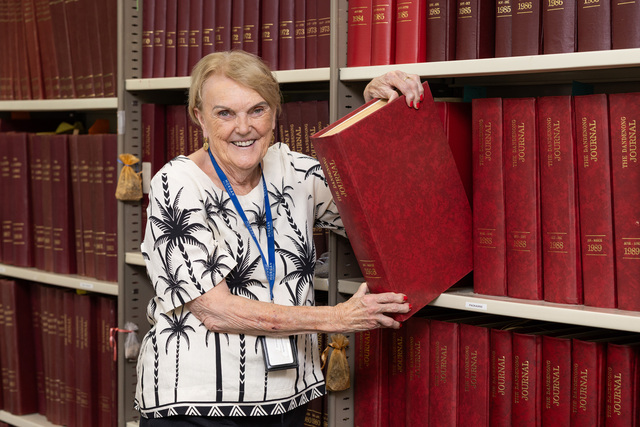A South East resident is sick of living in fear for simply taking medication for chronic pain, prompting him to support the establishment of a legal defence for unimpaired drivers with a medicinal cannabis prescription.
A 68-year-old retiree, for the last five years Brad has been prescribed medicinal cannabis to help his sleep and treat chronic neck pain.
Despite having a strict nightly regimen where he never gets behind the wheel within 12 hours after treatment, he can still lose his ability to drive if he tests positive for cannabis.
“I only take it at night, there is nothing recreational about it, it’s not my thing,” he said.
“It can make a real mess of things for me, I am never ever sure if I will run into a drug bus.
“I always leave 12 hours after using any of the medicine before I get behind the wheel, but cannabis can stay in you for a month.”
The psychoactive effect of tetrahydrocannabinol (THC) – the main component of cannabis – lasts only a few hours for an average dose.
However, THC is a fat soluble compound which can store in fat cells meaning it can remain in a person’s system for a matter of days or even months while a person in all other factors is sober.
Victoria Police at roadside testing use a saliva drug test which can detect the usage of marijuana up to 24 hours after usage.
If not detected, the police can ask for an impairment assessment and follow up with a blood or urine test – the latter can come back positive for cannabis use within the previous 30 days depending on level of use.
A first time detection through a saliva test penalises the driver with a 6-month suspension.
Brad has been driving for over 50 years with no offence to his name after thousands of kilometres within his personal and work life.
He finds it offensive that he could be among criminal offenders for something his GP prescribes him.
“I’ve never had a serious penalty, never lost my licence, never gone over in demerits,” he said.
“The community is better with me taking this medication, otherwise I will be driving without a good night’s sleep.
“I’m treated like a criminal for taking a legal drug.”
The alternatives are limited for him, he could go off the medication which would severely limit him as his wife lives with mobility issues.
He could try a different treatment such as opioid painkillers, which he has been prescribed in his life.
He took up medicinal cannabis in his retirement and stuck with it as he got away from opioids – a highly addictive drug which the World Health Organisation says is attributed to 600,000 deaths worldwide by 2019.
Cannabis is much more manageable and effective for him, even though ‘it’s never been really his thing’ he can keep use and tolerance down.
“It’s an analgesic, muscle relaxant, it turns the whole thing down and tolerance builds slowly,” he said.
“Whereas opioids build up straight away, you have to increase your dosage for it to work. It makes you feel crook, I had liver problems when I was taking it – all of that is gone.
“I keep to a strict daily dosage, when I feel it’s not working as usual, I take some time off to build back tolerance.”
Nonetheless, Brad says he has to choose to be ‘worried all the time of being caught’. To him it doesn’t seem much relief will be coming from Spring Street anytime soon.
Recently, the State Government announced they will be starting a trial to test medicinal cannabis users while driving.
Expected to wrap up by late 2025, this was a delay from a promised solution by 2024 given by then Premier Andrews in 2023.
The problem for Brad is compounded by his experience of never wanting to drive while impaired.
“Many of us take it at night, some people have to have treatment in the day, but we don’t want to drive under the influence,” he said.
“But this Government has done very little for the issue and seem like they are resigned to doing nothing this term.”
The central concern is legal, Brad supports the recent campaign by Legalise Cannabis Victoria MP Rachel Payne in calling for a legal defence for unimpaired drivers who test positive.
“Ordinary working Victorians are losing their licence even though they are taking their prescribed medication as directed by their doctor,” Payne said.
“There is nothing wrong with their driving. They shouldn’t be penalised because testing only shows presence.
“It’s a six-month loss of licence for a first offence, and a 12-month loss of licence for a
second offence. We will campaign hard in July to secure a legal defence for Victorian patients.”


